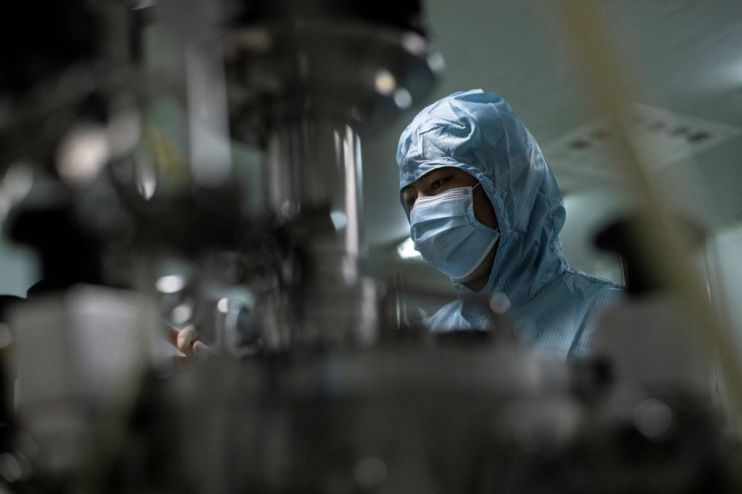UK researchers identify level of antibodies needed to prevent symptomatic Covid-19

Scientists at the University of Oxford said the results of their research could help speed up new vaccine development.
Oxford-based medical researchers have today released a new study indentifying the level of antibodies required to prevent symptomatic Covid – referred to as the “correlates of protection”.
Their findings could serve as a huge breakthrough in vaccine development, and speed up the approval of new jabs in the future.
The newly identified “correlates of protection” serve as enough information for regulators to assess the potency of any new Covid vaccines that are developed, without the need for a Phase three clinical trial.
Bypassing this clinical trial would speed up the approval of new vaccines considerably.
“There is an urgent need to increase supply of vaccines for the world, but development and approval of new vaccines takes many months,” said Professor Sir Andrew Pollard, director of the Oxford vaccine group.
“We hope that the use of correlates by developers and regulators could speed up the process,” he added.
The researchers used blood samples from volunteers who took part in trials for the AstraZeneca vaccine, and compared their Covid antibody levels 28 days after they received their second dose with Covid cases that occurred over seven days after their blood sample was taken.
The presence of certain antibodies at higher levels were identified in the blood samples, which the scientists used to extrapolate the level of antibodies associated with varying degrees of protection against the virus.
From there, scientists were able to estimate a range of vaccine efficacies from 50 to 90 per cent, based on the level of these antibodies in people who have received their second dose of a vaccine.
“These results are important as they allow estimation of vaccine efficacy using blood samples from much smaller clinical trials than have been needed previously,” said Dr Merryn Voysey, the Oxford vaccine group’s lead statistician.